
Thrillers set in far-flung locales hold extra appeal for those readers looking for an exciting escape, and the exotic, unbelievable nature of Demon Heart, a new novel by David Crane, certainly fits that bill. Similar to the author’s earlier work, this novel is an intense, chaotic and brilliantly executed story that dances on the edge of reality.
Naoko Kitamura is a rough-around-the-edges cop on the streets of Osaka with a dark family secret. A creature of Japanese tradition and mythology, she is a demon hybrid, capable of unleashing incredible powers when she needs to. However, she is also half-human, with all the emotional vulnerability that entails. After losing her mother, Naoko must wrestle in the struggle between blind rage and vengeance, or the road of justice and honest investigation, the career path she has sworn to honor and uphold.
This novel could have gone in so many directions with such a unique protagonist as the core character, but it leans into the thriller genre when Naoko’s ultimate foe reveals itself. She discovers that she is not the only person able to harness the powers of a demon, and the fate of her family, and country, gradually descend on Naoko’s capable – and dangerous – shoulders.
Similar to the work of China de Mieville or Ursula K. LeGuin, this fast-paced novel seamlessly blends ancient magic and modern-day issues, finding the cultural creases and shadows where these two worlds can coexist. Crane has a dark edge to his writing that lends itself naturally to such a nebulous and frightening world where most people remain blindly ignorant. The author also does an excellent job of thoroughly developing Naoko’s character, detailing the struggle that exists within her, and then adding even more pressure and complexity as the plot progresses, essentially shaping her in a crucible.
Being a demon hybrid means that darkness is an undeniable part of Naoko’s soul, and balancing that with lightness is no easy task. Crane digs deep into existential empathy and explores the fundamental struggles of humanity with evil in all its forms – corruption, jealousy, hatred, xenophobia – delivering an action-packed read that also strikes a number of philosophical notes. The first-person perspective only makes the book more intense, as readers can witness the raging battle within Naoko firsthand.
When it comes to the technical execution of Demon Heart, the plot unfolds smoothly and patiently, without excessive exposition about Naoko’s past or Japanese history. Doling out small amounts of backstory helps with immersion, and the author sucks readers in remarkably well. The strange and strained relationships between Naoko and her mother, friends, and colleagues show Crane’s artful sensitivity to human emotion, as well as his intimate comfort depicting the interactions of Japanese individuals – a difficult nationality to capture authentically on the page.
There are very few grammatical or syntactical errors, although some of the dialogue is a bit choppy and brief. As a whole, the pacing and suspense of Demon Heart make it difficult to put down, while the enveloping, masterful plot will make it hard to forget Naoko and the brilliant clash of past and the present.
Book Links
STAR RATING
Design
Content
Editing
Get an Editorial Review | Get Amazon Sales & Reviews | Get Edited | Get Beta Readers | Enter the SPR Book Awards | Other Marketing Services



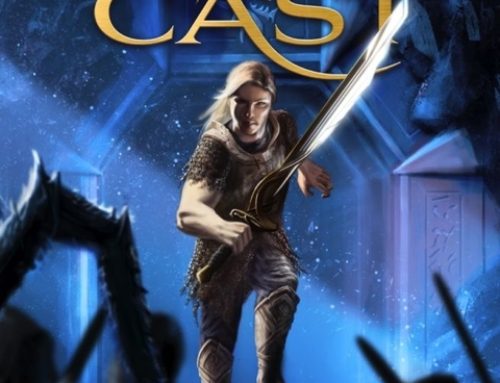
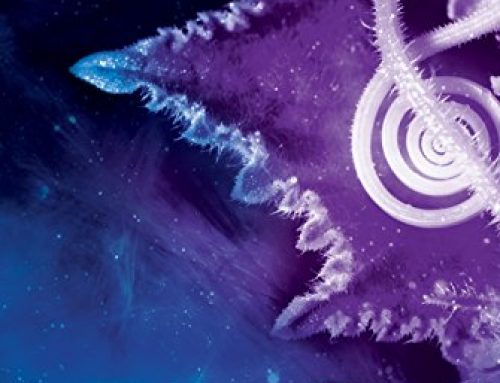


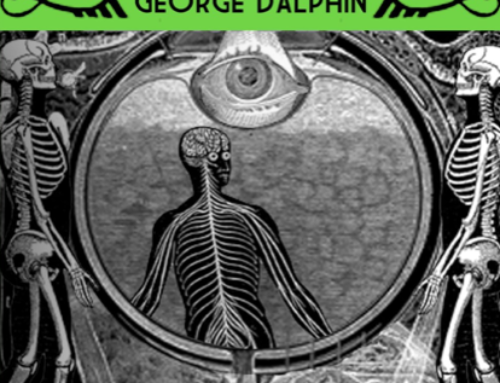


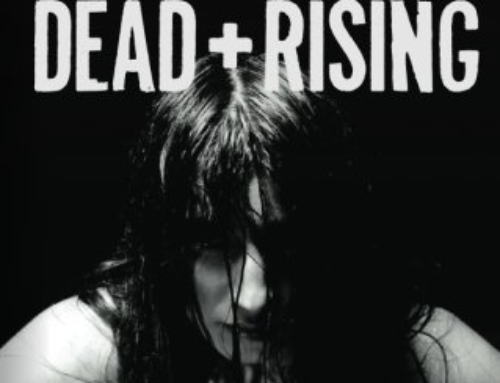


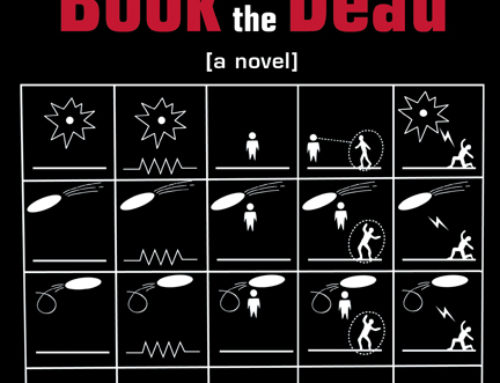



Leave A Comment